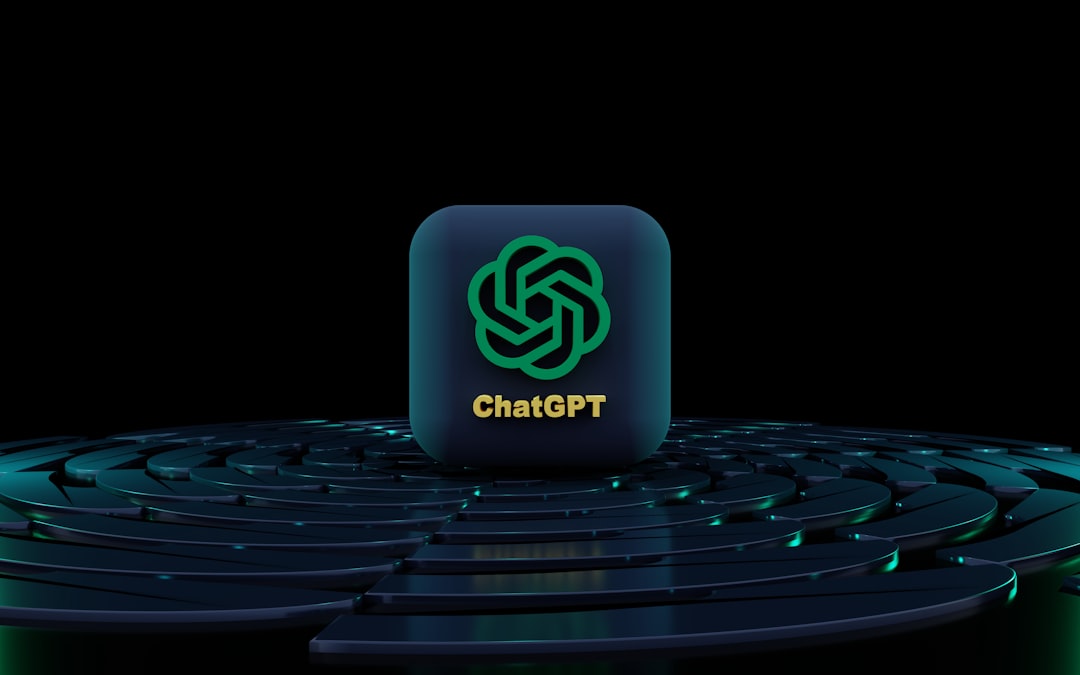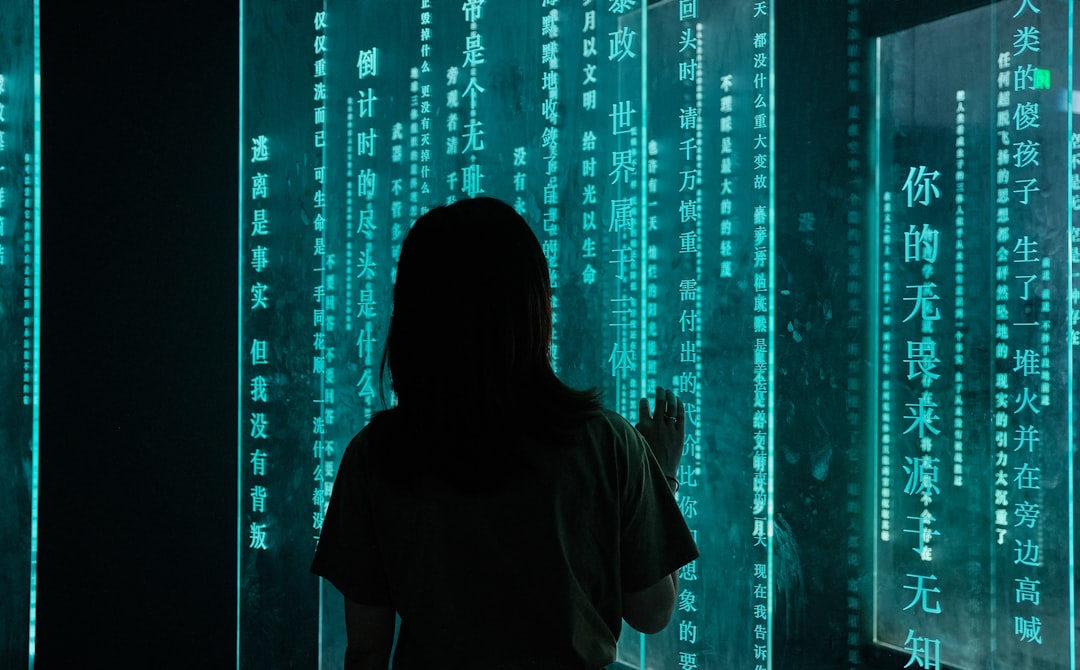ChatGPT is everywhere in 2025. It helps you write emails, plan dinners, and even tell bedtime stories. But there’s one big question people ask:
What about privacy?
Let’s break it down. We’ll keep it easy, fun, and not too techy. You’ll learn how ChatGPT works, what it remembers, and how to stay safe while using it.
What Does ChatGPT Know About You?
First things first — ChatGPT doesn’t know who you are. It doesn’t have memory unless you allow it to (more on that below). It doesn’t browse your personal info or peek into your phone.
Here’s what it might “see” when you use it:
- The text you type into ChatGPT
- Feedback you give (like thumbs up/down)
- Your selected preferences (like tone or language)
But it doesn’t track your location or keep a record of your private files unless you upload them for a purpose (and even that is temporary unless stored with memory).
Say Hello to Memory (But Only If You Want To)
In 2025, ChatGPT has gotten smarter thanks to memory. This means it can “remember” things like your name, favorite writing style, or projects you’re working on.
Sounds cool? It is. But it only uses memory if you turn it on.
You’ll always be able to:
- See what ChatGPT remembers
- Delete anything at any time
- Turn memory off completely
It’s kind of like telling a new friend secrets, but being able to hit “undo” whenever you want.
Image not found in postmeta
What About Sensitive Info?
It’s best not to share very personal info in ChatGPT. That means:
- No passwords
- No credit card numbers
- Nothing you wouldn’t want in a public notebook
Even though OpenAI works hard to protect your data, there’s always a small risk when anything is online. Be smart. Keep your secrets secret.
What Happens to My Data?
OpenAI uses your interactions with ChatGPT to improve how it works — but you can opt out of this too.
From the settings, you can turn off chat history. When that’s off:
- Your chats won’t be used to train future models
<lithey won’t be saved or remembered
This means you get more control. You decide what gets remembered and what doesn’t.
How to Stay Extra Safe
Want to be a privacy pro with ChatGPT? Try these tips:
- Use memory wisely – Only add what helps you.
- Review your data – Check what’s saved now and then.
- Use a strong password – Keep your OpenAI account locked down.
- Don’t share sensitive files – Unless you trust the task and you understand the risk.

What Could the Future Look Like?
Privacy features will likely get even better. Think:
- Custom privacy settings for each chat
- Real-time alerts if something private is shared
- Built-in scanners for sensitive data
In short, it’ll probably get easier to use ChatGPT without worrying too much.
The Bottom Line
ChatGPT in 2025 is smart, helpful, and keeps your data pretty safe. But like all tech, it’s smart to be careful.
You’re in control. You choose what memory remembers. You decide what to share. And you can always change your mind.
So go ahead — ask it to plan your next vacation or write a poem about tacos… just maybe skip the bank passwords.
